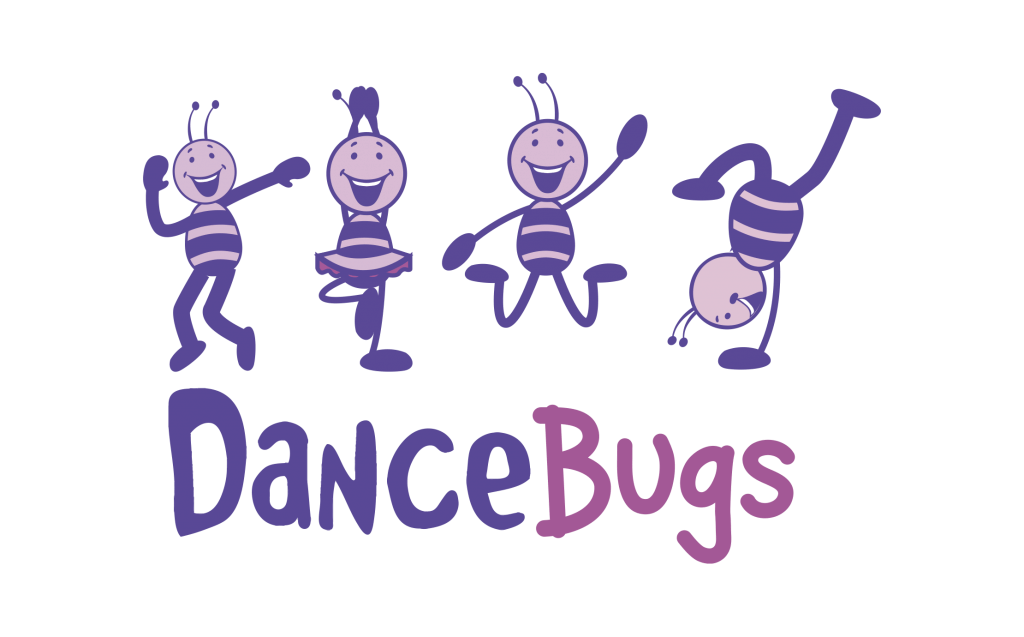In today’s fast-paced world, prioritising mental health and overall wellbeing has become crucial for individuals of all ages. As we navigate the challenges of modern life, it is increasingly evident that nurturing children’s wellbeing and mental health from a young age is of paramount importance. World Wellbeing Week provides a timely opportunity to delve into this topic and explore the significance of fostering children’s mental health and wellbeing.
The Essence of World Wellbeing Week
World Wellbeing Week, observed annually in the last week of June, is a global initiative aimed at promoting wellbeing in all aspects of life. It serves as a reminder to individuals, organisations, and communities worldwide to prioritise their physical, mental, and emotional health. The weeklong event provides a platform for raising awareness, sharing resources, and fostering positive practices to enhance overall wellbeing.
The Importance of Children’s Wellbeing
Children are the foundation of our future, and their mental health and overall wellbeing significantly impact their growth, development, and future success. By focusing on their wellbeing from an early age, we can equip them with essential life skills, resilience, and emotional intelligence needed to navigate challenges throughout their lives.

- Building a Strong Foundation: Children’s early experiences and environments play a pivotal role in shaping their mental health and overall wellbeing. By providing a nurturing and supportive environment, we can lay the groundwork for their emotional resilience, self-esteem, and healthy relationships.
- Emotional Intelligence and Self-awareness: By promoting emotional intelligence in children, we help them understand and manage their emotions effectively. Encouraging self-awareness, empathy, and emotional regulation empowers them to communicate their feelings, develop healthy coping mechanisms, and build meaningful connections with others.
- Positive Mental Health: Mental health issues can affect individuals of any age, and children are no exception. By actively promoting mental health from a young age, we can identify potential concerns early on, provide appropriate support, and help children develop strategies to manage stress, anxiety, and other emotional challenges. Implementing our YogaBugs virtual programme into schools enables children to learn these fundamentals to take on into adulthood.
- Holistic Development: Children’s wellbeing encompasses their physical, emotional, social, and cognitive aspects. Encouraging a balanced lifestyle that includes healthy eating, regular physical activity, creative expression, and positive social interactions fosters their holistic development and enhances their overall wellbeing. YogaBugs virtual incorporates both mental and physical which is why thousands of schools across the country have implemented it into their curriculum.
- Academic Performance: Children’s mental health and wellbeing are closely linked to their academic performance. A positive mindset, reduced stress levels, and improved emotional regulation enable them to concentrate better, develop problem-solving skills, and perform well academically. Feedback from schools we work in shows that from using our platform, children improve their listening skills & concentration which in turn has improved behaviour in the classroom.
Supporting Children’s Wellbeing
- Open Communication: Encourage open and honest communication with children, providing them with a safe space to express their thoughts, concerns, and emotions without judgment. Active listening and validating their experiences promote trust and strengthen the parent-child or caregiver-child bond.
- Healthy Lifestyle Choices: Encourage healthy eating habits, regular physical activity, and sufficient rest to support children’s physical and mental wellbeing. Balanced nutrition and exercise not only improve their overall health but also boost their mood and cognitive function.
- Emotional Support: Teach children about emotions, their importance, and healthy ways to express and manage them. Encourage empathy towards others and teach problem-solving and conflict resolution skills to foster positive relationships.
- Mindfulness and Relaxation Techniques: Introduce mindfulness and relaxation techniques to children, such as deep breathing exercises, meditation, and yoga. These practices promote emotional self-regulation, reduce stress, and enhance overall wellbeing.
- Seek Professional Help: If you notice persistent signs of distress or significant changes in your child’s behaviour, seek professional support from paediatricians, therapists, or counsellors who specialise in children’s mental health.
Investing in children’s wellbeing and mental health from an early age is an investment in their future and the overall well-being of society. World Wellbeing Week serves as a powerful reminder to prioritise children’s mental health, fostering a supportive environment that nurtures their emotional resilience, self-esteem, and overall happiness. By embracing this responsibility, we can empower children to thrive, equipping them with the tools to navigate life’s challenges with strength, grace, and resilience.
Why not take up YogaBugs offer and get access to our virtual platform completely free of charge until the end of the month. Click here to take up this fantastic offer.













